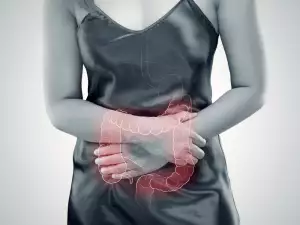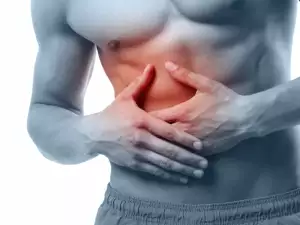For diseases of the thyroid, you should stick to a diet. The thyroid is a gland with internal secretion, which produces three hormones - thyroxine, triodothyronine and calcitonin.
The first two hormones control the metabolism in the body, but also the processes of growth and development of tissues and organs. The hormone calcitonin is responsible for the metabolism of calcium and regulates bone mass.
Both excessive and insufficient hormonal activity of the thyroid gland cause a variety of diseases. The level of hormones is directly related to the condition of the tissues of the thyroid gland.
Excessive hormonal activity called hyperthyreosis or thyrotoxicosis. Deficiency of thyroid hormone is called hypothyroidism.

Main symptoms of thyrotoxicosis are palpitations, sweating, tremors, irritability, insomnia, aggressiveness, fatigue, decreased libido, abnormal menstrual cycle.
Symptoms of hypothyroidism are loss of memory, excessively dry skin, menstrual problems, brittle nails and hair, irregular heart beat, swelling of the face and extremities, insomnia, depression, constipation, weight gain.
Eating right does not imply strict diets and gradual replacement of one product with another. You should reduce your intake of sweet products, soda, alcohol, cigarettes, canned goods, salt, spices, coffee, ice cream and vinegar.
Meat is replaced with fish at least twice a week. Put an emphasis on raw fruits and vegetables. Seafood, marine fish and various types of fruits and vegetables are allowed.
These are dried plums, apples, cherries, cucumbers, potatoes, red beets, carrots, cabbage, eggplants, garlic, turnips, lettuce, tomatoes, onions.
With thyroid disease, should not eat without being hungry. Chew food well. Eating too warm or too cold food is not recommended.
Not recommended are products from refined sugar - candy, jam, cakes, juices with added sugar and cakes. Also not recommended are white rice, margarine, fatty pork and smoked meats, sausages and salami.




















Comments